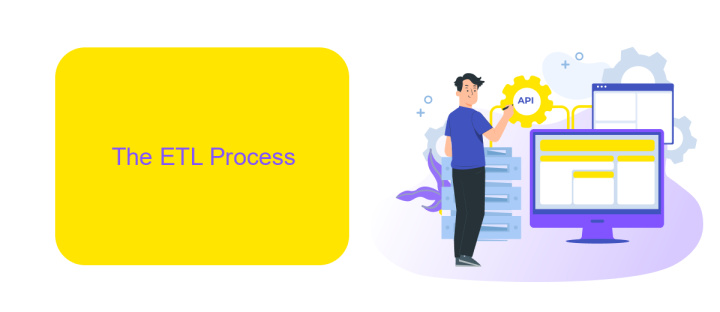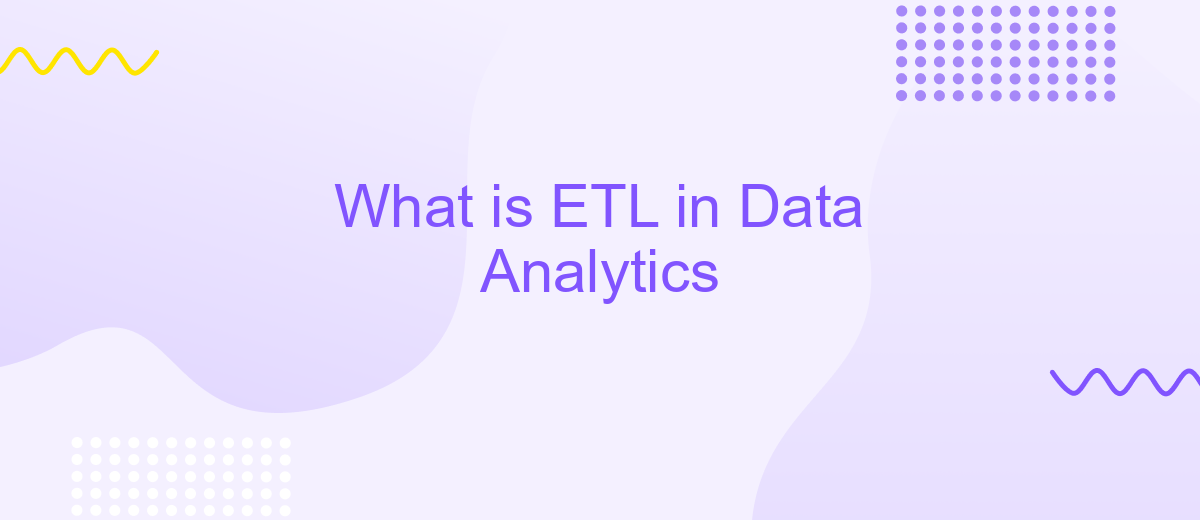What is ETL in Data Analytics
ETL, which stands for Extract, Transform, Load, is a fundamental process in data analytics. It involves extracting data from various sources, transforming it into a suitable format, and loading it into a data warehouse or database. This process ensures that data is accurate, consistent, and ready for analysis, enabling businesses to make informed decisions based on reliable information.
What is ETL?
ETL stands for Extract, Transform, Load, and it is a crucial process in data analytics. ETL involves extracting data from various sources, transforming it into a suitable format, and loading it into a data warehouse or another storage system. This process ensures that data is clean, consistent, and ready for analysis.
- Extract: Gathering data from multiple sources such as databases, APIs, and flat files.
- Transform: Cleaning, filtering, and converting data into a desired format.
- Load: Importing the transformed data into a target data warehouse or other storage systems.
Using ETL tools and services like ApiX-Drive can simplify the integration process by automating data extraction and transformation tasks, ensuring seamless data flow between different systems. This allows businesses to focus on analyzing data rather than spending time on data preparation. Effective ETL processes are essential for making informed business decisions based on reliable and accurate data.
The ETL Process

The ETL process, which stands for Extract, Transform, Load, is a critical component in data analytics. It begins with the extraction phase, where data is collected from various sources such as databases, APIs, and flat files. This phase is crucial as it ensures that the data gathered is accurate and comprehensive. Tools like ApiX-Drive can facilitate this process by automating data extraction from numerous services, thus saving time and reducing the risk of errors.
Following extraction, the transformation phase involves cleaning and converting the data into a suitable format for analysis. This step may include filtering out irrelevant information, aggregating data, and applying business rules. Finally, the load phase transfers the transformed data into a data warehouse or another storage system where it can be easily accessed for analysis. Efficient ETL processes enable organizations to make data-driven decisions by ensuring that the data is accurate, timely, and readily available.
Benefits of ETL

ETL (Extract, Transform, Load) is a fundamental process in data analytics that offers numerous benefits for organizations looking to leverage their data effectively. By automating the data integration process, ETL tools streamline the movement and transformation of data from various sources into a centralized data warehouse or data lake.
- Data Quality Improvement: ETL processes clean and standardize data, ensuring high-quality and consistent information.
- Time Efficiency: Automated ETL workflows save time by reducing the need for manual data handling and integration.
- Scalability: ETL systems can handle large volumes of data, making it easier to scale operations as data grows.
- Enhanced Decision-Making: Accurate and timely data enables better business insights and decision-making.
- Integration with Modern Tools: Platforms like ApiX-Drive facilitate seamless integration with various data sources, enhancing the ETL process.
Moreover, ETL tools support compliance with data governance policies by ensuring that data is consistently processed and stored according to regulatory requirements. This not only mitigates risks but also builds trust in the data being used for strategic decisions. By leveraging ETL, organizations can unlock the full potential of their data, driving innovation and competitive advantage.
Challenges of ETL

ETL (Extract, Transform, Load) processes are crucial in data analytics, but they come with their own set of challenges. One of the primary difficulties is the complexity of data extraction from various sources, which often have different formats and structures. This can lead to significant delays and inconsistencies in data integration.
Another challenge is the transformation phase, where data must be cleaned, normalized, and enriched. This step is prone to errors, especially when dealing with large volumes of data, which can result in inaccurate analytics and insights.
- Data Quality Issues: Inconsistent, incomplete, or inaccurate data can compromise the entire ETL process.
- Scalability: Handling increasing volumes of data efficiently is often a significant challenge.
- Integration Complexity: Combining data from multiple sources requires advanced tools and expertise.
- Performance: Ensuring ETL processes run efficiently without impacting system performance is critical.
To address these challenges, leveraging integration platforms like ApiX-Drive can be highly beneficial. ApiX-Drive simplifies the integration process by providing a user-friendly interface and automated workflows, ensuring data is accurately extracted, transformed, and loaded with minimal manual intervention.
- Automate the work of an online store or landing
- Empower through integration
- Don't spend money on programmers and integrators
- Save time by automating routine tasks
ETL Tools
ETL tools are essential for efficiently managing data extraction, transformation, and loading processes in data analytics. These tools automate the movement of data from various sources to a centralized data warehouse, ensuring data is clean, consistent, and ready for analysis. Popular ETL tools include Apache NiFi, Talend, and Microsoft SSIS. Each of these tools offers unique features, such as drag-and-drop interfaces, pre-built connectors, and robust data transformation capabilities, making them suitable for different business needs.
For businesses looking to streamline their integration processes, services like ApiX-Drive can be particularly beneficial. ApiX-Drive allows users to easily set up integrations between various applications and services without requiring extensive technical knowledge. By automating data flows and reducing manual intervention, ApiX-Drive helps organizations maintain data integrity and improve operational efficiency. This makes it an excellent choice for businesses aiming to enhance their ETL processes and ensure seamless data management.
FAQ
What is ETL in Data Analytics?
Why is ETL important?
What are the common steps involved in ETL?
What are some challenges faced during the ETL process?
How can I automate the ETL process?
Strive to take your business to the next level, achieve your goals faster and more efficiently? Apix-Drive is your reliable assistant for these tasks. An online service and application connector will help you automate key business processes and get rid of the routine. You and your employees will free up time for important core tasks. Try Apix-Drive features for free to see the effectiveness of the online connector for yourself.


